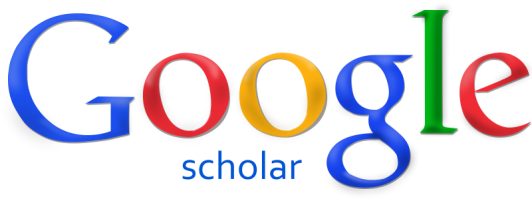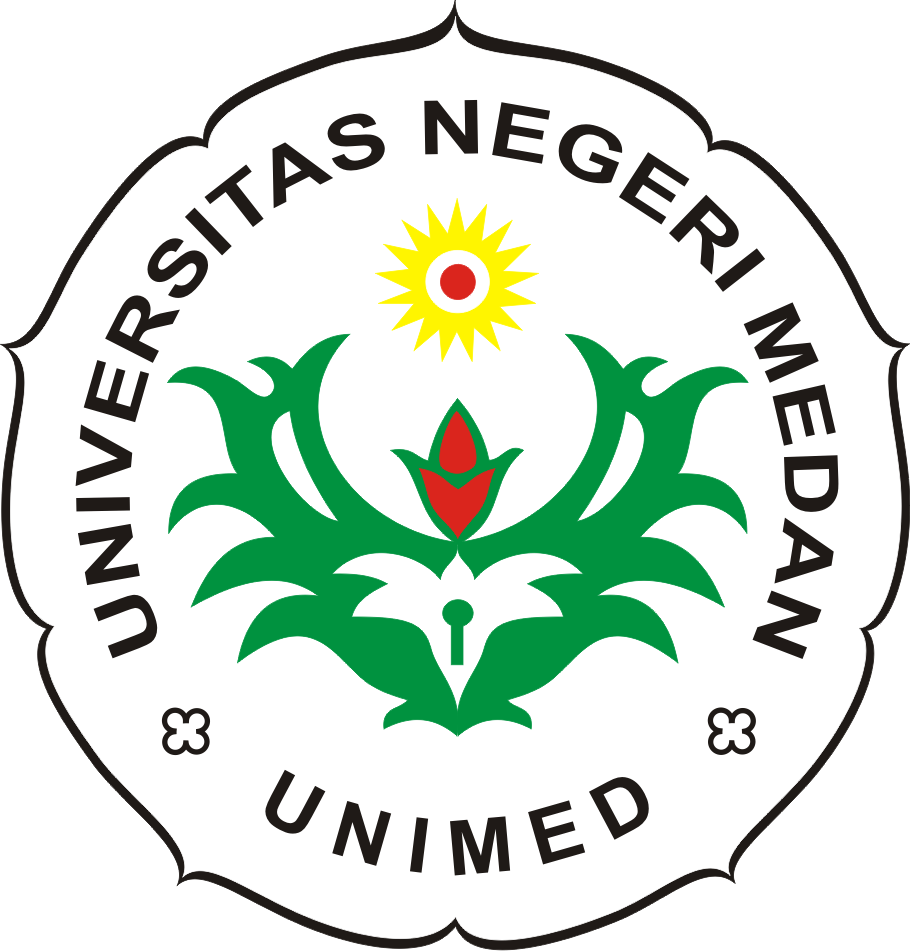IMPROVING STUDENT™S ACHIEVEMENT IN WRITING REPORT BY USING CONTEXTUAL TEACHING AND LEARNING (CTL) STRATEGY
DOI:
https://doi.org/10.24114/reg.v2i3.657Abstract
This study deals with the improvement of the students™ achievement in report writing by using Contextual Teaching and Learning (CTL) strategy. This study tries to find out to what extent using CTL could improve students™ report writing. Subject of the study this research was the 2012/2013 second year “ students of SMA Santo Thomas 4 Binjai, Medan. There were two kinds of data collected during the study, qualitative and quantitative data. The instrument for collecting the quantitative data was writing test while the qualitative data were diary notes, observation sheet, and questionnaire sheet. The qualitative data showed that the students were interested in the Contextual Teaching and learning (CTL) strategy. Based on the data analysis, the mean of the students score for the orientation test was 53.28, for the first cycle was 71.42 and second cycle was 84.28. The conclusion is that the Contextual Teaching and Learning (CTL) strategy can improve the student™s report writing Achievement.Downloads
Published
Issue
Section
License
Authors who publish with this journal agree with the following terms:
- Authors retain copyright and grant the journal right of first publication with the work simultaneously licensed under a Creative Commons Attribution License that allows others to share the work with an acknowledgment of the work's authorship and initial publication in this journal.
- Authors are able to enter into separate, additional contractual arrangements for the non-exclusive distribution of the journal's published version of the work (e.g., post it to an institutional repository or publish it in a book), with an acknowledgement of its initial publication in this journal.
- Authors are permitted and encouraged to post their work online (e.g., in institutional repositories or on their website) prior to and during the submission process, as it can lead to productive exchanges, as well as earlier and greater citation of published work (See The Effect of Open Access).
- This work is licensed under a Creative Commons Attribution-ShareAlike 4.0 International License.






